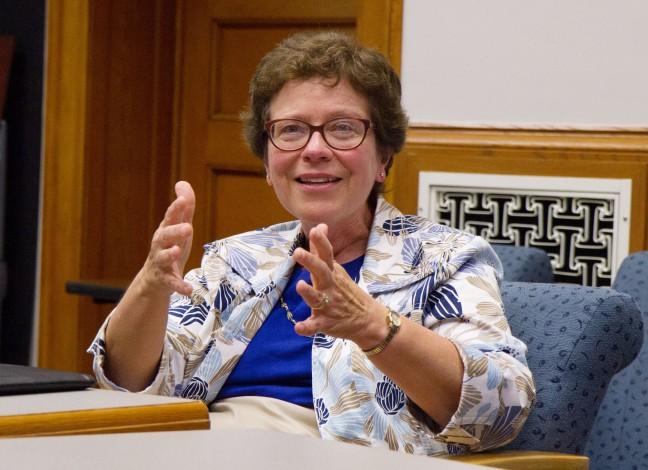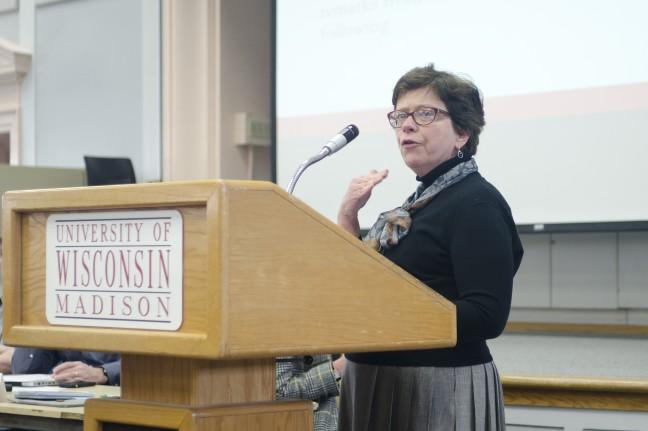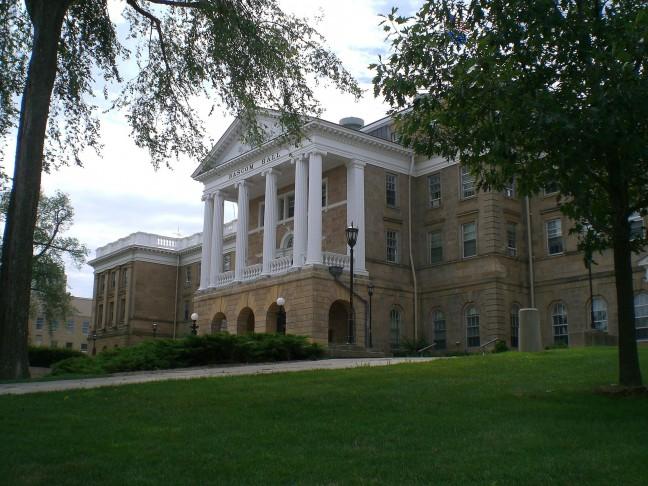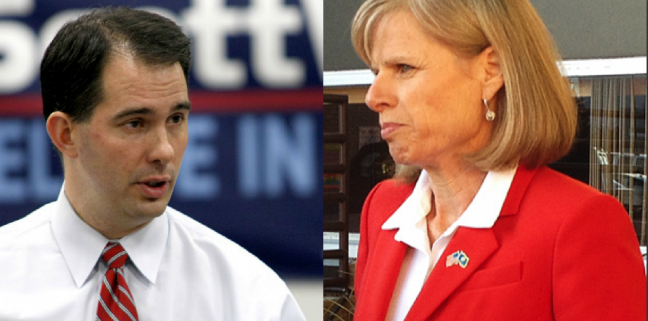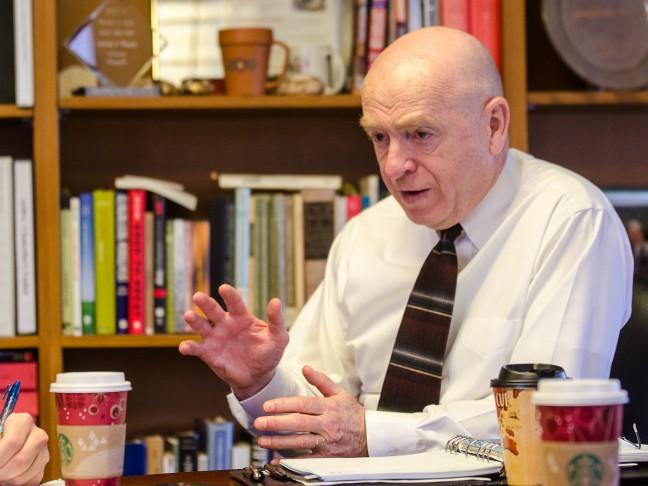With the the possibility of major, mandatory federal spending cuts looming, University of Wisconsin and other higher education institutions across the nation are preparing for the consequential possibility of cuts to universities.
UW would see about a $53 million decrease in mostly federal funding if the spending “sequester” happens this year, Associated Students of Madison Legislative Affairs Chair Dan Statter said. More than one-third of UW’s educational revenue comes from the federal government and less than 15 percent comes from the state.
The sequester, according to UW sociology and educational policy professor Adam Gamoran, is an 8 percent budget cut across the board to almost all federally funded agencies and programs.
Gamoran said if Congress does not extend the debt limit, or come up with a budget within the debt limit, the sequester will start automatic cuts to various spending programs including education.
The prospects of a sequester have been pushed off until March; however, if the spending cuts go into effect, UW will be faced with a great deal of changes, Statter said.
Although students receiving financial aid will see little to no decrease in funding, Statter said the sequester will specifically affect students in research labs, teaching assistants, graduate students and faculty members.
Gamoran agreed, adding funding for research grants are already in jeopardy.
“[Federal agencies] have begun receiving notices saying they are not able to make a decision to fund grants due to the uncertainties in [the agencies’ budgets],” he said.
Gamoran, who is also the director for the Wisconsin Center for Education Research, noted without grants and other educational funds from agencies such as the Department of Health and Human Services and the Department of Energy, both students and faculty will be unable to continue research.
Such a cut in funding will lessen opportunities for both students and faculty working in research at the university, Gamoran said, adding UW is currently one of the top three to five federally-funded universities in the nation.
“A decrease in funding will mean less support for graduate students, few jobs for academic staff and faculty will have less ability to make scientific breakthroughs in the future,” he said.
UW political science professor Donald Downs, who also serves as an adviser to The Badger Herald’s Board of Directors, said with the university already facing pressure to restrict various programs, the sequester and cuts to educational funding will have an immediate effect on UW, especially in the long term.
With the demand for lower tuition, a decrease in federal spending is not ideal, Downs said, adding it is important to not decrease funding for higher education because the money has to come from somewhere.
A decrease in such funding may result in higher tuition for students or in general higher taxes, Downs said.
“Higher education is at a historical turning point [with] online courses; everyone is looking for ways to educate people at a lower cost,” Downs said.
According to Statter, students can respond to the sequester by contacting local senators and representatives to lobby against the detrimental effects of reducing funding for higher education. He added the only way to try to stop cuts to educational funding is for them to hear from the voices directly affected by the spending cuts.








